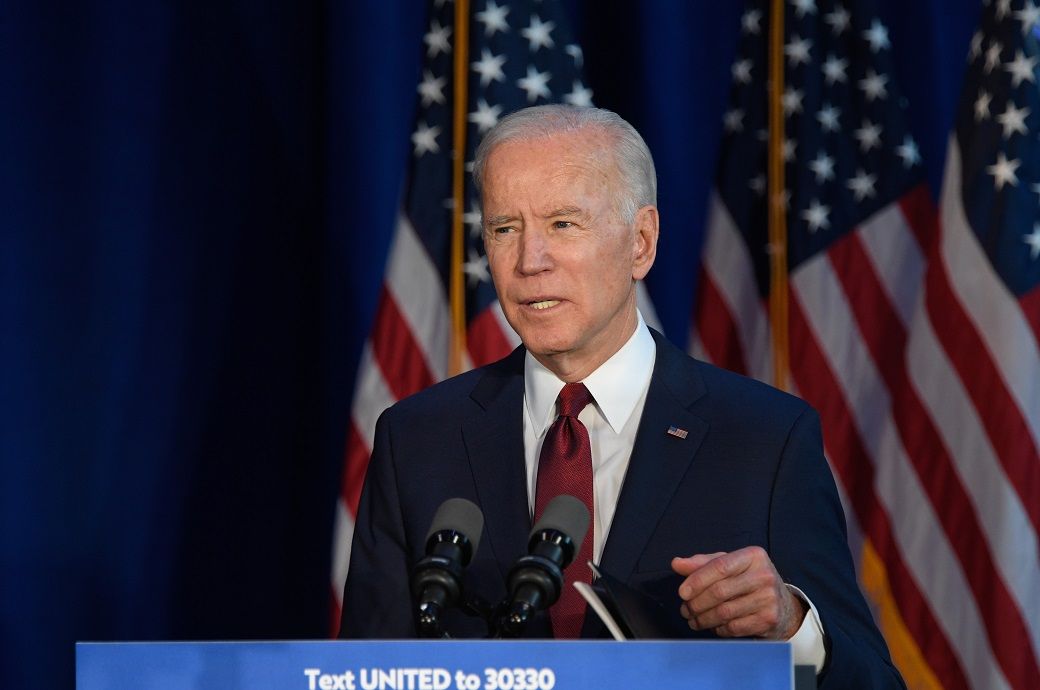
Certain sections of the law ‘raise constitutional concerns’, Biden said in a statement.
“Section 7(b) of the Act would require the United States Trade Representative (USTR) to provide negotiating texts to congressional committees in the midst of negotiations with a foreign partner, and section 7(c) of the Act would preclude the USTR from transmitting United States-proposed texts to Taiwan while the Congress is reviewing them,” the President said.
“Section 7(c) of the Act would further, in violation of INS v Chadha, afford 2 members of the Congress the power to increase the required waiting period before the USTR may provide texts to Taiwan. Section 7(d) of the Act would require the inclusion of members of the Congress as accredited members of the United States delegation who would be entitled to daily briefings, including of tentative agreements,” he said.
Biden said he would treat those sections, which require transmission of trade deal drafts to Congress, as non-binding if they "impermissibly infringe upon my constitutional authority to negotiate with a foreign partner."
Fibre2Fashion News Desk (DS)